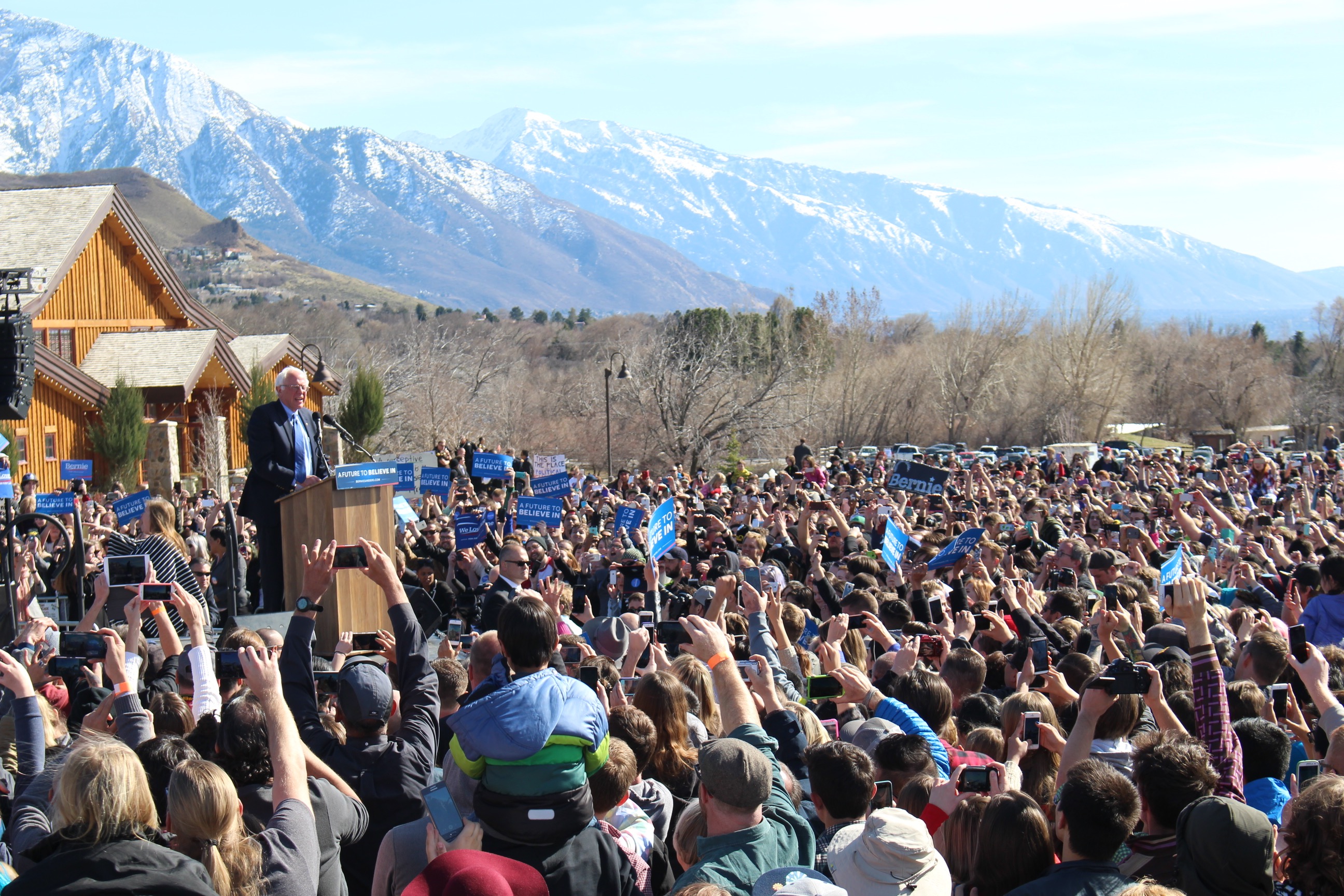
The Utah Democratic Party met on Monday, May 31 to discuss the role of superdelegates in the election process.
The party discussed two different proposals to the voting process: Bylaw Amendment 1 and Resolution A. Ultimately, Bylaw Amendment 1 was defeated and Resolution A was amended and passed. Lauren Littlefield, Utah Democratic Party Executive Director said the issue at hand was about the democratic nature of the Democratic Party
“Tonight, 300 Utah Democrats came together to discuss ways to make the Democratic Party more democratic. In a room with so many differing opinions, our Central Committee members voiced opinions while maintaining a civil discourse,” Littlefield said.
Bylaw Amendment 1 stated that any unpledged or superdelegate from Utah who does not cast their vote for the Presidential candidate who received the most votes at the state caucus or primary must resign from their position. This amendment was ruled to violate bylaws from the DNC and the Utah Democratic Party bylaws.
Resolution A, on the other hand, was amended and passed by the committee. Its purpose was to “request the Democratic National Committee to reform its delegate selection process to eliminate Unpledged Delegates.” The resolution also invites other states to support Utah in the pursuit of the reform.
“Utah Democrats are proud to be the big tent party, and tonight, we showed we welcome a diversity of opinions within our ranks. We look forward now to unifying our party and working together to elect Democrats in 2016,” Littlefield said.
This resolution comes at a critical time in the election process for Democratic candidates. Hillary Clinton currently leads Bernie Sanders in the Presidential primary by a count of 2,312 to 1,545 thanks to superdelegates. Clinton currently has 543 superdelegates, while Sanders only has 44. Without the superdelegates in the mix Clinton would only lead 1,769 to 1,501. The amount of superdelegates that Clinton has is disproportionate to the percent of the popular vote she has won.
BYU political science professor Richard Davis explained the reason Clinton outnumbers Sanders in the superdelegate race is that the DNC sees Clinton as a more electable candidate.
“Democratic superdelegates worry that Sanders is too radical and will end up harming the party’s chances against Donald Trump in the fall,” Davis said.
Utah voted for Sanders in their primaries in March, a large reason the state is against superdelegates in the 2016 election. Only time will tell if Utah’s Democratic Party and other states unite to abolish superdelegates in future elections.




